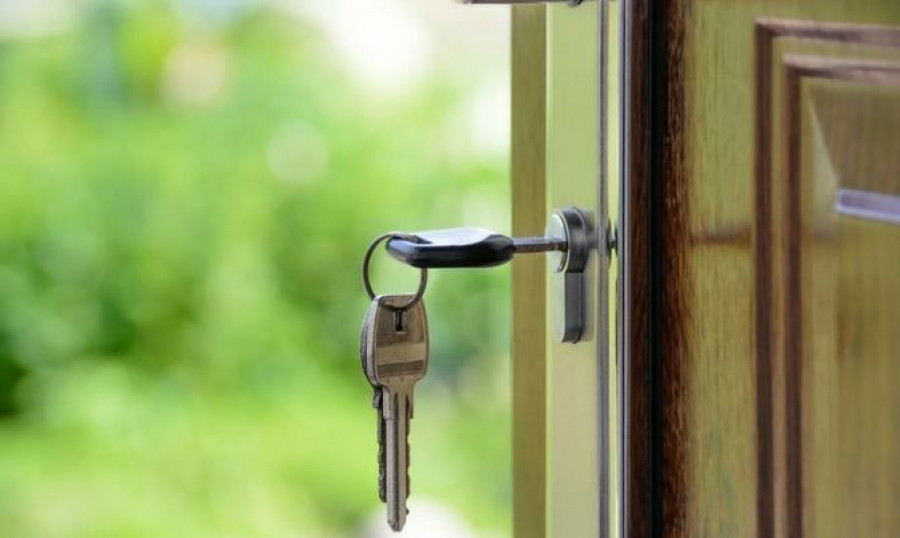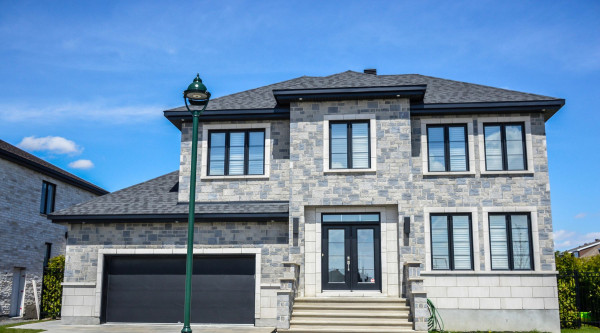These changes included vacant home tax and tax on homes purchased by foreign homebuyers.
We believe that these changes are contributing to the slowdown of the housing market in Ontario. In recent months, we have been approached by a number of individuals who are faced with a buyer that has backed out of the purchase of a home.
With the cooling down of the residential real estate market, the risk of this occurring continues to rise and it is important sellers know their rights as they navigate these situations.
Typically, if the buyer wants to back out of the purchase of a home, it is for one of two reasons: (1) the buyer no longer has enough money to follow through with the purchase, or (2) the value of the home has gone down and the buyer no longer wants to complete the purchase for the price provided in the purchase and sale agreement.By this time, the buyer will have paid a deposit on the home that is meant to be held either by the real estate company or by a law firm until the sale is completed. When the seller discovers that the buyer does not intend to follow through with the sale, the seller has three main options that he or she may pursue.
Option 1: Accept that the sale will not go through
The seller can inform the buyer that he or she accepts the buyer’s decision not to follow through with the purchase of the home. Adequate time should be provided for the buyer confirm that this understanding is correct. After receipt of confirmation from the buyer, the seller has the option of accepting this confirmation and relisting the property immediately. This is important because property that is re-listed in peak periods like the summer has a greater chance of selling than during the school year. This process of listing property for sale right away is called “mitigation” because it minimizes damages.
However, mitigation does not mean that you have to accept an unreasonably low sale price or accept the next offer you receive. It simply proves that you have made an effort to look for other appropriate buyers and reasonable offers for the property.
Even if a seller takes this route and chooses to accept that the buyer is backing out, there are rights in place to protect them from loss. When a buyer does not provide a viable reason for not completing the purchase of a home (i.e. lack of financing – unless this is exempted as a viable reason in the agreement), the Court will order that the deposit funds be paid to the seller of the home to offset any losses. It is important to note that if the deposit is very high, (e.g. 50% of the purchase price), it will be seen as partial payment, and not automatically payable to the seller unless specified in the purchase agreement.
In this situation, the seller should ask the buyer to give permission for the deposit to be paid by the lawyer or real estate company that holds the money on the buyer’s behalf to the seller. Usually, consent is required by the buyer and seller to release the funds.
If the buyer refuses to give permission for the deposit money to be paid to the seller, the seller should schedule a court proceeding to receive an order for the funds to be released to the seller. Despite this, the Court will expect the seller to mitigate, so we strongly suggest that the seller not wait until the deposit funds are received before relisting the property.
Option 2: Wait until closing
The second option for the seller is to remain ready, willing, and able to complete the sale on the closing date. This means the seller should be prepared to fulfill any obligations or promises that they have made. If the buyer refuses to pay the remaining amount of the purchase price, the seller may proceed after the closing date to proceed with what was mentioned above – attempt to obtain the deposit, list the property, and sue for damages.
Damages are the difference between the new purchase price and the price at which the seller agreed to buy the property. This may be offset by the deposit.
Option 3: Accept a take back mortgage
We have seen vendors offering a mortgage to sellers in order to close on the sale of property. This is a wise consideration because the disadvantage of obtaining a judgment for damages is that the seller must then spend time and money to collect the damages. If the buyer does not own a property or has very little equity in property it may take time to collect on these damages.
In a falling housing market, it is important that if you are faced with a buyer who wants to back out of a sale that you act quickly and state your position clearly. Taking a careful and proactive approach to these situations can help a seller ensure that they will not be left scrambling if the buyer ultimately refuses to complete the sale. We specialize in property litigation and would be pleased to assist you further.
Brittany Miller also contributed to this article.










